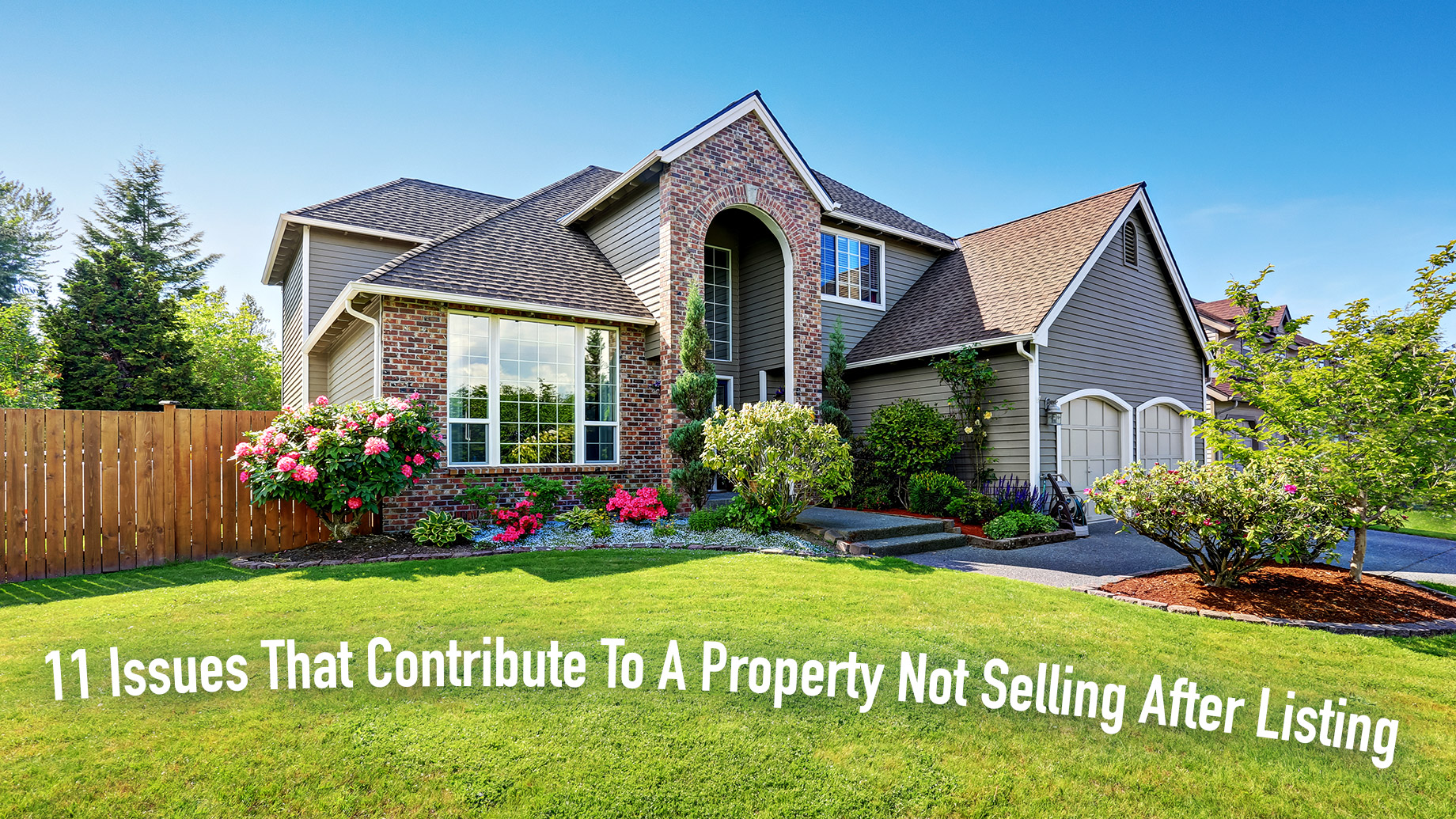
Properties often fail to sell because they are overpriced compared to similar properties or against prevailing market trends. Surveys show that this is a fact that affects nearly 90% – 95% of real estate listings that do not sell.
The pricing factor is primarily attributed to owners believing their properties are worth more. However, it is a conclusion based on personal feelings or advice or misinformation from a dishonest realtor. Unrealistic selling prices will be sweet melodies to the owner’s ear, yet the property might not be worth the listed sale tag.
Given this, let’s discuss some things you can do to ensure your property sells within a short time after listing.
- Competing properties make buying decisions somewhat challenging because potential buyers want to select the best-priced property. Hence, properties listed in estates and suburbs tend to compete against each other for buyers. The more the listed properties, the higher the competition; hence the lesser the probability of your property selling fast. However, you can circumvent this by using online portals like IOL, Property 24, and Private Property to list and advertise, and buyers can easily compare prices and listings.
- Your property’s location is a factor that can influence its market value and quick sale. For instance, properties near a train station, a taxi/bus stop, a busy shopping center, a high-traffic road, or a liquor store can attract different clients. Therefore, the location can be a consideration for some buyers and a deterrent for others.
- The property’s condition is another chief element worth considering when listing it for sale. It influences the pricing. For instance, owners with a home that needs some repairs can list it as a fixer-upper, stating a reduced price that factors in what the buyer will spend fixing up the place. But a rundown property with a price tag that competes with properties in pristine condition will not sell according to We Buy Any Home.
- Building a room or two or renovating the bathroom and kitchen can be done to increase the property’s value. However, it can also lead to overcapitalization, which sees the owner unable to recoup the investment if they are keen on selling the property.
- Economic downsizing often occurs when banks are unwilling to lend money to buyers because they have less disposable income to fund the acquisition of new properties, resulting in fewer real estate sales. Buyers might also opt to modernize their current homes instead of accruing additional costs like moving expenses, transfer duty, and attorney fees associated with purchasing new properties.
- Regions with a high crime rate often have fewer real estate sales. Prospective buyers will consider crime statistics and other relevant data to inform their purchasing decisions, which may result in some properties taking a long time to sell. People are keen on their safety and would instead move to secure sectional title complexes or secure estates rather than neighborhoods with a high crime rate.
- The terms of the sale agreement can also be a reason for a potential sale not going through. Issues like the buyer failing to acquire the necessary financing from the bank or their current listed property being sold successfully can be elements that determine if your property’s sale materializes.
- Many estates have once-off buy-in levies, and others have high monthly levies, rates, and taxes, all of which can lead buyers to reconsider buying a property. Furthermore, some sectional title real estate owners have outstanding monthly levy arrears, impacting their property’s financial status.
- HOA rules and stringent Body Corporate regulations can also be why some properties do not sell. Some restrictions regarding things such as pet ownership can be a concern for prospective buyers.
- Placing certain property restrictions can limit the chances of new buyers using the acquired real estate to its fullest extent. Therefore, buying interested in listed properties in some regions must contend with things like municipal sewerage and electricity servitudes to inform their buying decision.
- Marketing efforts comprising poor property descriptions, images, slow promotional efforts by the agent, and other related measures can also result in low interest in the listing, thus leading to no sale.